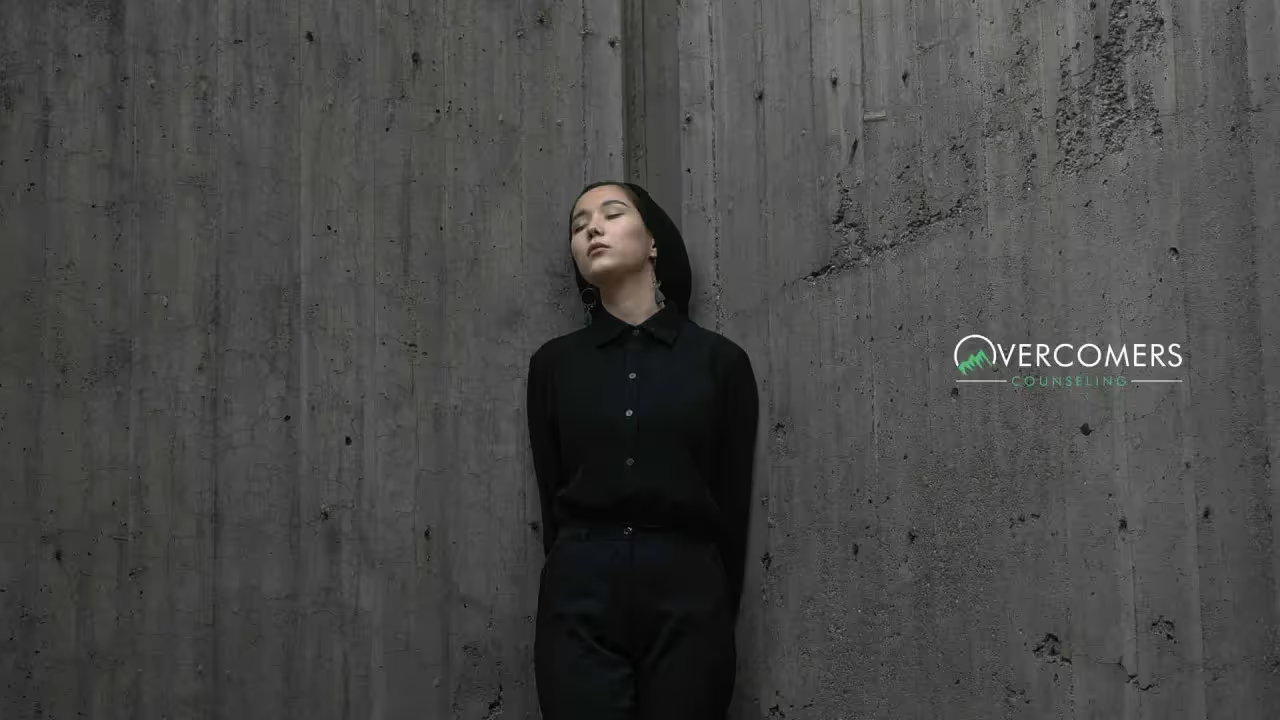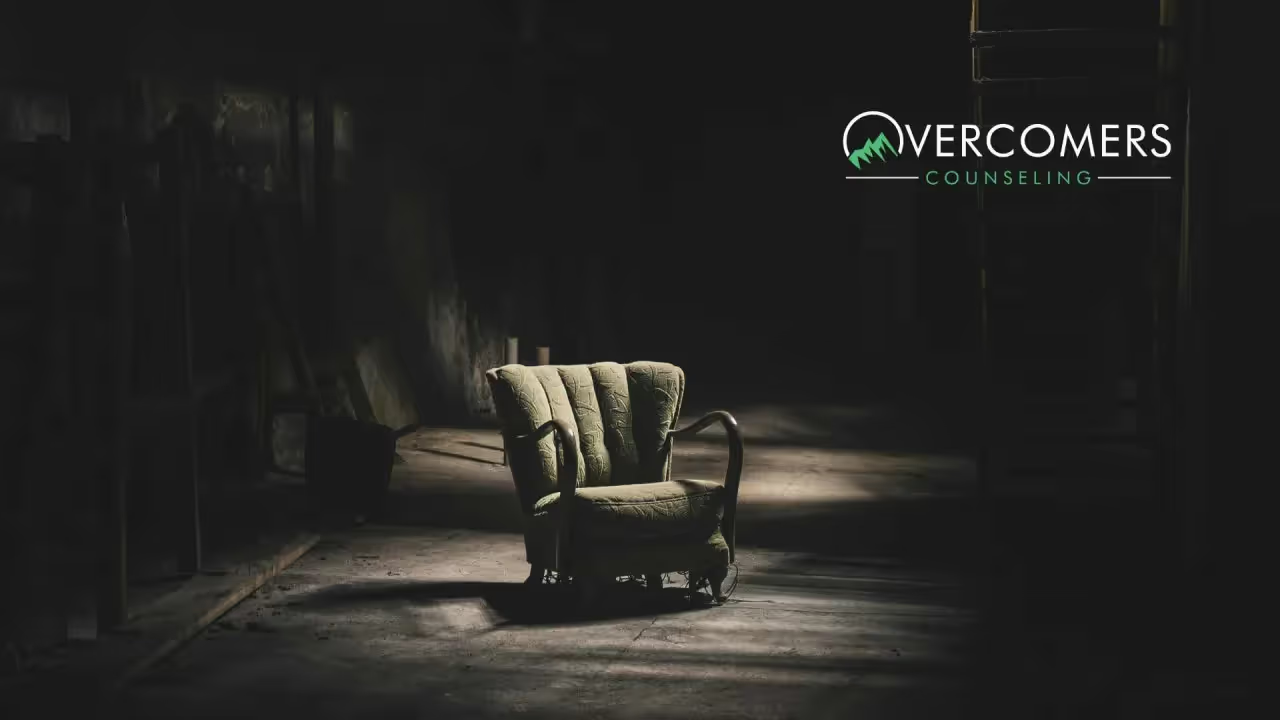IntroductionChronic feelings of emptiness can be a profound and perplexing part of living with Borderline Personality Disorder (BPD), presenting unique...

Chronic feelings of emptiness can be a profound and perplexing part of living with Borderline Personality Disorder (BPD), presenting unique challenges that go beyond common experiences of depression or loneliness.
This emptiness often manifests as a pervasive sense of dissatisfaction or a void that seems impossible to fill, regardless of one's achievements or social connections.
Unlike depression, which typically affects mood in a more general sense, or loneliness, which is usually alleviated by companionship, the emptiness experienced in BPD can persist even in life's happiest moments or in a room full of friends.
This article offers insights into therapeutic approaches and personal strategies that aim to fill this void, enhancing the ability of individuals with BPD to lead more balanced and satisfying lives.
Through targeted treatment and self-care practices, overcoming this daunting aspect of BPD becomes a tangible goal.
Acknowledging your feelings without passing judgment is a fundamental aspect of managing emotions, especially for individuals dealing with Borderline Personality Disorder (BPD) and chronic feelings of emptiness.
This process involves permitting yourself to feel whatever emotions arise, understanding that they are valid and do not define your worth or reality.
Techniques for Identifying Specific Emotions and Triggers
Adopting healthy coping strategies instead of falling into maladaptive behaviors is key to managing emotions.
Healthy coping mechanisms help in processing emotions constructively, while maladaptive behaviors can exacerbate emotional pain and hinder personal growth.
Healthy Coping Strategies vs. Maladaptive Behaviors
Healthy Coping Strategies involve actions and thought processes that effectively address the root of emotional distress, promote emotional healing and support personal development. These strategies respect both mental and physical health.
Maladaptive Behaviors, on the other hand, offer temporary relief or escape from discomfort but ultimately lead to more significant issues. These behaviors often harm mental, emotional, and sometimes physical health, creating a cycle of dependency and avoidance.
Examples of Immediate Coping Strategies
Examples of Long-Term Coping Strategies
Actively building and nurturing relationships is essential in combating persistent feelings of emptiness.
This process begins with small, manageable steps such as reaching out to acquaintances for casual meetups or engaging in community activities that align with personal interests.
Over time, these interactions can blossom into deeper connections.
Embracing vulnerability by sharing personal thoughts and feelings can significantly strengthen these bonds, creating a sense of closeness and mutual trust.
Concurrently, it's important to establish and communicate healthy boundaries within these relationships.
Friends and family often serve as the first line of emotional support, offering understanding and encouragement.
However, for those grappling with persistent feelings of emptiness, professional help can be invaluable.
Support groups, whether in-person or online, offer a sense of community and shared experience that can break the cycle of isolation.
Furthermore, therapy with a qualified professional can offer personalized strategies for managing emotions and improving relational skills.

Finding purpose is about discovering what brings you joy, satisfaction, and a profound sense of achievement.
This exploration can involve trying new hobbies, revisiting old interests that fell by the wayside, or dedicating more time to activities that make you lose track of time because you're thoroughly engrossed in them.
These pursuits are unique to each individual, reflecting personal values, interests, and talents.
Setting realistic goals around these discovered passions is the next vital step.
These goals serve as tangible milestones on the path to integrating your passions into your daily life.
Celebrating small successes along the way is equally important; it reinforces positive emotions and motivates you to continue pursuing what makes you feel fulfilled.
Dialectical Behavior Therapy (DBT) - DBT is a form of cognitive-behavioral therapy specifically designed for individuals with BPD.
It emphasizes the development of skills in four critical areas: mindfulness, the ability to tolerate distress, regulation of emotions, and effectiveness in interpersonal relationships.
DBT helps individuals understand and accept their feelings of emptiness while learning strategies to cope with them in a healthier way.
Cognitive-Behavioral Therapy (CBT) - CBT helps individuals identify and challenge negative thought patterns and behaviors. Through CBT, patients can learn to understand the root causes of their feelings of emptiness and develop healthier ways of thinking and behaving.
Schema Therapy - Schema Therapy combines elements of CBT, attachment theory, and gestalt therapy. It is designed to identify and change deeply held patterns or schemas that contribute to chronic feelings of emptiness and other BPD symptoms.
Mentalization-Based Treatment (MBT) - MBT focuses on improving an individual's ability to mentalize, which involves understanding the mental states that underlie one's own and others' behaviors.
Psychodynamic Psychotherapy - This form of therapy explores unconscious processes and how past experiences influence current behaviors and emotions.
It can help individuals understand the root causes of their feelings of emptiness and work through unresolved issues.
Group Therapy - Participating in group therapy can provide a sense of belonging and support from others who understand what it's like to live with BPD. It can also offer opportunities to practice interpersonal skills in a safe environment.
Addressing chronic feelings of emptiness associated with Borderline Personality Disorder (BPD) involves a comprehensive approach that combines professional therapy, personal coping strategies, and the support of loved ones.
Cultivating hobbies, engaging in physical activity, and maintaining social connections can serve as valuable supplements to formal treatment, helping to fill the void that individuals with BPD often experience.
While the journey may present challenges, consistent effort and a supportive environment can lead to significant improvements in managing these feelings, paving the way for a more balanced and fulfilling life.
https://psychotherapy.psychiatryonline.org/doi/pdf/10.1176/appi.psychotherapy.2008.62.4.377
https://tamucc-ir.tdl.org/server/api/core/bitstreams/d27531a9-3042-4aa3-a273-3a239d2f2320/content
https://journals.plos.org/plosone/article/file?id=10.1371/journal.pone.0233970&type=printable
Yes! In fact, it's encouraged that you open up to your therapist so they can gain deeper insight into your individual situation and develop the most effective treatment plan possible that works best for you. Your therapist is there to serve as an unbiased source of support who will respect any thoughts or feelings shared within the session without judgment or criticism.
There are many helpful resources available, including support groups, online forums, books and websites dedicated to mental health and wellness. Connecting with other people struggling with the same issue can be especially beneficial. Additionally, talking to a trusted friend or family member can provide much-needed social support during difficult times.
Therapy provides many benefits for people battling depression. Research has shown that cognitive-behavioral therapy (CBT) is particularly effective in managing depressive symptoms. In addition, therapy can teach healthy coping skills and provide emotional support during difficult times. It may also be used as part of a comprehensive treatment plan which includes medication as well as lifestyle changes such as regular exercise and improved nutrition.
Depression is a mental disorder (a common one) that affects millions of people worldwide. It is characterized by persistent feelings of sadness, hopelessness, and loss of interest in activities once enjoyed.In this section, we will discuss the various types of depression, including major depressive disorder, persistent depressive disorder, and bipolar disorder.Gaining a deeper understanding of your depression is the first step in finding the right treatment and support.
Ignoring depression can exacerbate symptoms and make it more challenging to manage over time. This can result in a negative impact on your personal, professional, and social life, leading to feelings of isolation and even thoughts of self-harm or suicide.
The duration of depression counseling varies for each individual, depending on the severity of their depression and their progress in therapy. Our therapists will regularly assess your progress and adjust your treatment plan as needed.